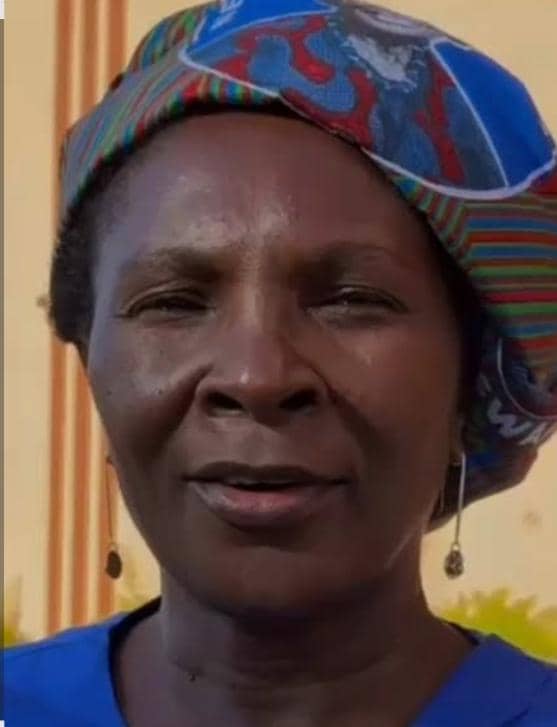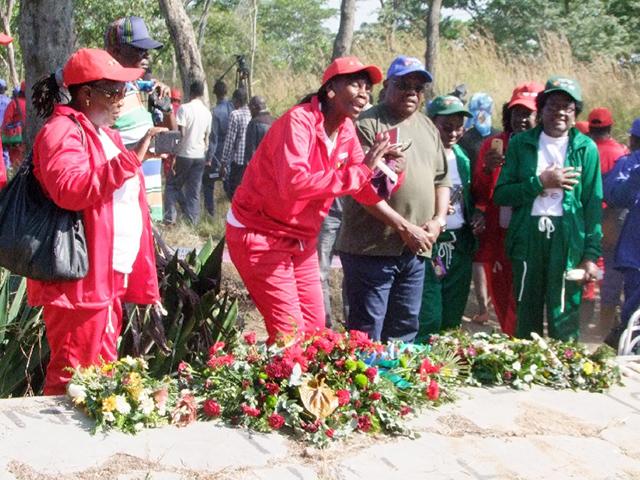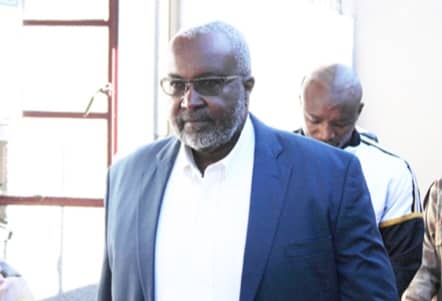LUSAKA – Zambians returned to work on Tuesday as fears of political violence subsided, and President Levy Mwanawasa began a new term on a conciliatory note after a bruising election that threatened national unity.
“Zambians have spoken in a voice that cannot be ignored,” Mwanawasa said after taking the oath of office for a second and constitutionally final five-year term. “We will not ignore the criticism levelled at us during the campaign,” he said, referring to opposition charges that his economic policies had left most Zambians still mired in poverty.Mwanawasa, 58, has won praise from key Western lenders for economic policies that have boosted economic growth to above 5 per cent and attracted foreign investments.But he had to fight off a stiff challenge from opposition leader Michael Sata, who made waves by hinting he would stand up to the West and foreign investors.A conciliatory and jovial Mwanawasa complimented Sata, who campaigned hard and had alleged the results were rigged.”Mr Michael Sata, you were a worthy opponent.Your campaign skills and your effort were at their best,” he said.Sata and his supporters boycotted the inauguration, staged under searing heat in the sprawling grounds of the parliament building just outside Lusaka city centre.In a message directed at Zambia’s poor, Mwanawasa said: “I am building a better Zambia.I want to leave a legacy of a country that is able to feed itself, that is prosperous while exporting excess (food) to the neighbours.”Mwanawasa, who was forced to defend Chinese investors after Sata threatened to expel them over charges of exploiting Zambian workers, assured Beijing his government would continue to respect its one-China policy.”Zambia will maintain its stance for a one China policy,” the Zambian president said.Sata had also said he would recognise Taiwan, which China considers a breakaway province.Analysts expect Mwanawasa to move quickly to reassure foreign investors, particularly in the country’s vast copper and cobalt mines, that Zambia will not change its economic policies, which have resulted in investments of about $1,4 billion in the mining sector alone in the last five years. Nampa-Reuters”We will not ignore the criticism levelled at us during the campaign,” he said, referring to opposition charges that his economic policies had left most Zambians still mired in poverty.Mwanawasa, 58, has won praise from key Western lenders for economic policies that have boosted economic growth to above 5 per cent and attracted foreign investments.But he had to fight off a stiff challenge from opposition leader Michael Sata, who made waves by hinting he would stand up to the West and foreign investors.A conciliatory and jovial Mwanawasa complimented Sata, who campaigned hard and had alleged the results were rigged.”Mr Michael Sata, you were a worthy opponent.Your campaign skills and your effort were at their best,” he said.Sata and his supporters boycotted the inauguration, staged under searing heat in the sprawling grounds of the parliament building just outside Lusaka city centre.In a message directed at Zambia’s poor, Mwanawasa said: “I am building a better Zambia.I want to leave a legacy of a country that is able to feed itself, that is prosperous while exporting excess (food) to the neighbours.”Mwanawasa, who was forced to defend Chinese investors after Sata threatened to expel them over charges of exploiting Zambian workers, assured Beijing his government would continue to respect its one-China policy.”Zambia will maintain its stance for a one China policy,” the Zambian president said.Sata had also said he would recognise Taiwan, which China considers a breakaway province.Analysts expect Mwanawasa to move quickly to reassure foreign investors, particularly in the country’s vast copper and cobalt mines, that Zambia will not change its economic policies, which have resulted in investments of about $1,4 billion in the mining sector alone in the last five years. Nampa-Reuters
Stay informed with The Namibian – your source for credible journalism. Get in-depth reporting and opinions for
only N$85 a month. Invest in journalism, invest in democracy –
Subscribe Now!










